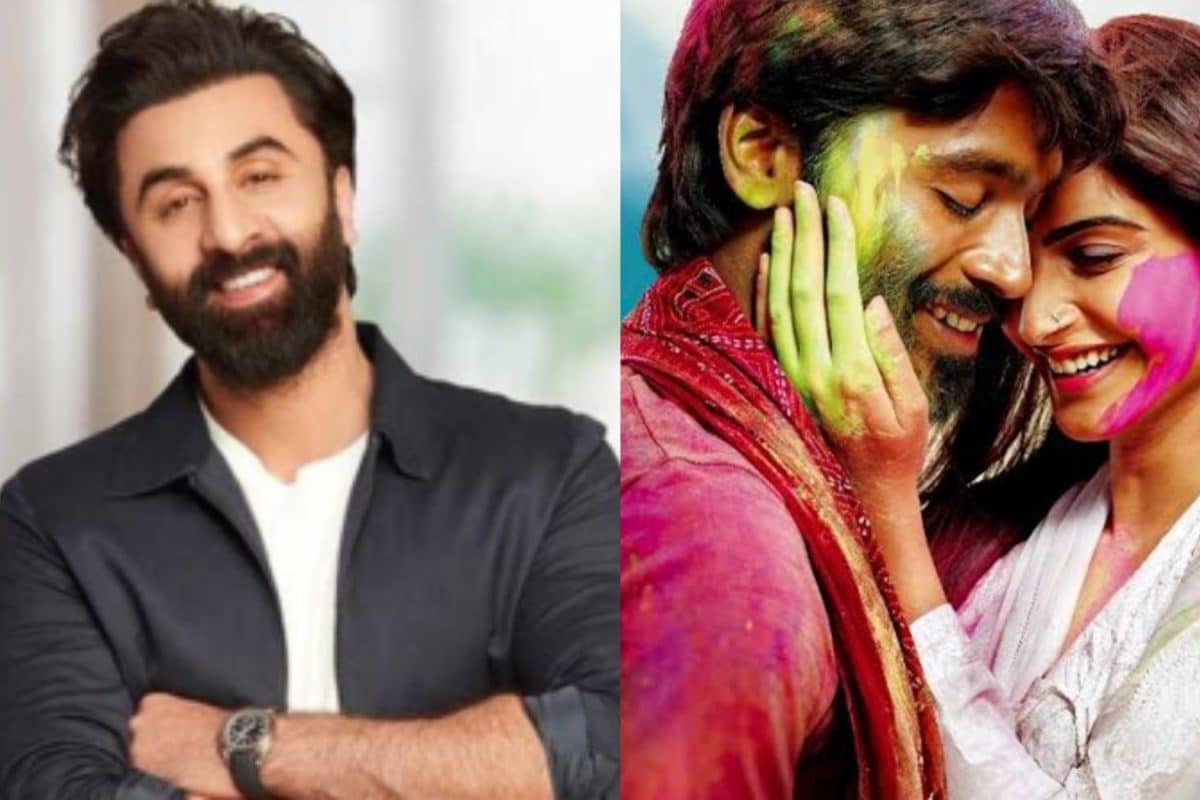

Ranbir Kapoor was initially considered for the lead role in Aanand L. Rai's 2013 romantic drama, Raanjhanaa, before Dhanush was cast. Rai revealed this casting detail in a recent interview, noting that Kapoor's unavailability due to scheduling conflicts led to Dhanush landing the role.
Rai, who had just experienced success with Tanu Weds Manu, envisioned Kapoor in the lead because he felt Kapoor possessed the rare ability to "blend into the crowd with simplicity". Rai explained that he and writer Himanshu Sharma were committed to telling the story of Raanjhanaa and focused on casting actors who could bring authenticity to the roles. Despite Kapoor's unavailability, Rai felt the story needed to be told.
Ultimately, Dhanush's portrayal of Kundan in Raanjhanaa became iconic and marked his Bollywood debut. His performance was widely praised, solidifying the film's commercial success. The movie, which also starred Sonam Kapoor, Abhay Deol, Swara Bhasker, and Mohammed Zeeshan Ayyub, remains a beloved film in Bollywood. Rai believes that the film was destined to be made with Dhanush, and his instinct proved correct as the movie became a turning point in the actor's career, resonating with audiences across India.
Although Raanjhanaa was a commercial success, the film has faced criticism for its perceived "regressive message" and glorification of stalking. Abhay Deol, who played Akram, Zoya's boyfriend, in the film, has publicly stated that the film "somehow glorified sexual harassment" and that "history will not look kindly at this film for its regressive message". Deol noted that the film perpetuated the Bollywood trope of a boy pursuing a girl relentlessly until she relents, which, in reality, can lead to sexual violence. Despite these criticisms, Raanjhanaa’s music, composed by A.R. Rahman, was widely celebrated.
A standalone sequel, titled Tere Ishk Mein, is set to release on November 28, 2025, and will feature Dhanush.
In related news, the Tamil version of Raanjhanaa was re-released with an altered, AI-generated "happy" ending, sparking controversy over creative control and ethical implications. Director Aanand L. Rai expressed his disappointment with this decision, calling it a "dystopian experiment," while the producer, Eros Media World, described it as a "creative reimagining".